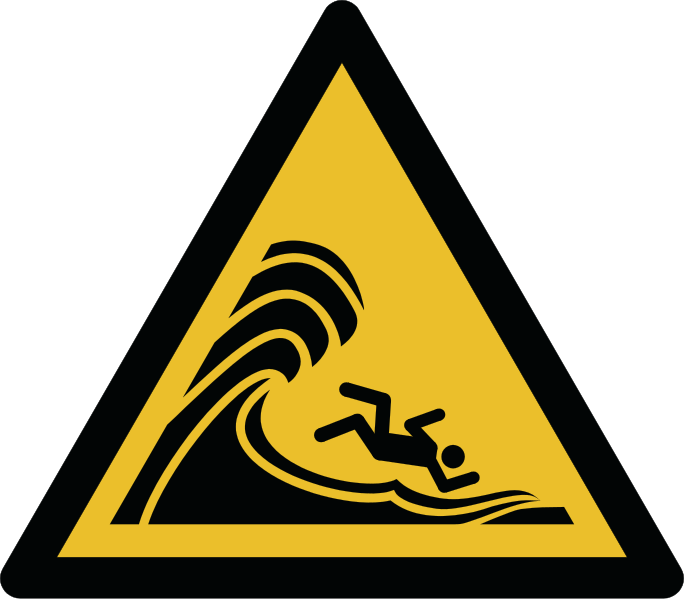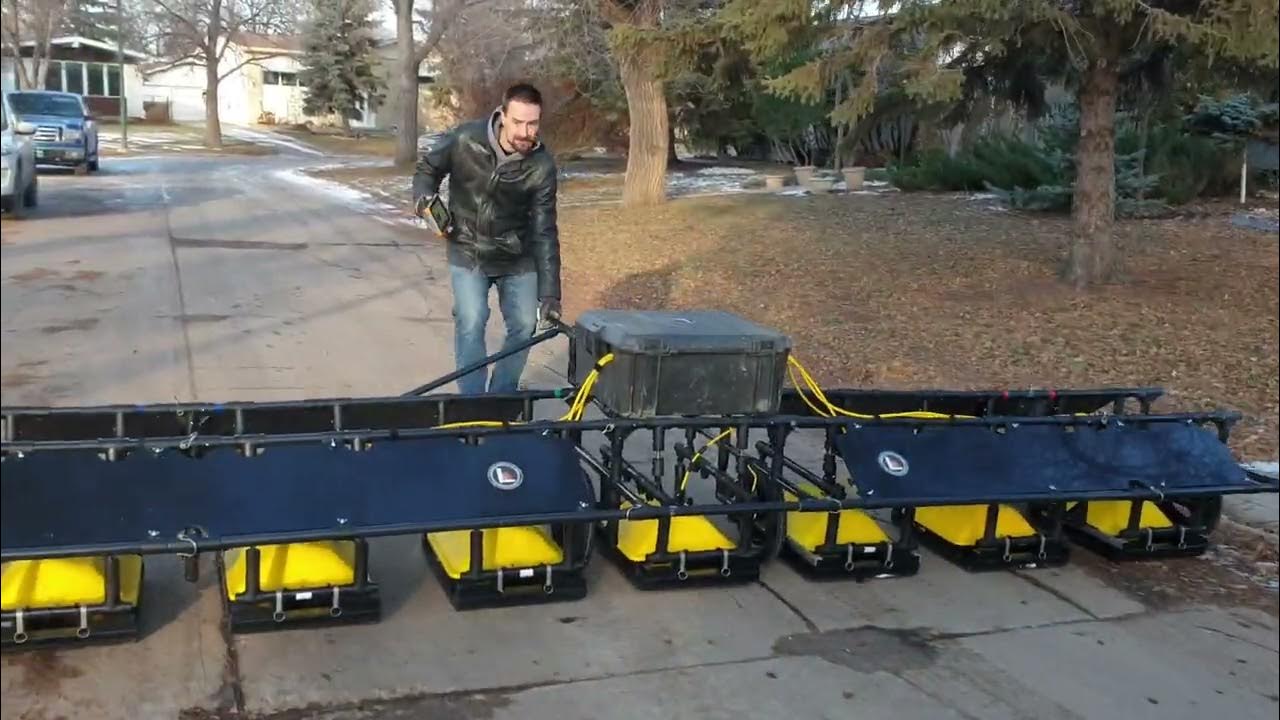Shameless OC. This is my video of a test I did for an R&D project – the custom cart and GPR rig.
It looks really cool and well constructed. But what does it do?
Scans the ground for anomalous radio reflectors. This particular unit is earmarked for archeology purposes – finding shallow graves in open fields. Basically you’re looking for anything in the ground that will changed how the radio wave reflects back up to the surface (could be anything, but sometimes it’s graves!)
So it makes a heat nap of how stuff in the ground messes with the transmitted radio waves? Does the wheels have encoders to track the movement of the cart, or does it use a GPS fix?
A little more involved, but basically yes.
There is a wheel with an encoder, and a GPS with about 30cm accuracy. You can either trigger a new reading each time the encoder ticks over 5cm (or whatever you set it to), or just have it read continuously (say every 0.05s) and use the GPS position. Most people prefer the former, as their data points are more equally spaced (not dependent on your travel speed). But on some terrain (like snow) where the encoder slips a lot, then most people switch to continuous recording.
If you need better accuracy, you can swap out the GPS for an RTK and get ~7mm accuracy. Kind of meaningless unless you’re looking for something really small (like mapping rebar in concrete).
That’s a really neat system. If I were to make something like that I’d do the same, just minus all the radio stuff, cause I don’t know much about them there waves. What do you/other users look for the in the ground? Also thanks for explaining
With this system, anything that radio waves bounce off of. Voids, soil layering, metal objects, utilities, the water table, bedrock, ice, tree root systems, etc. So it’s a bit like a fish finder in its output, and it gives you targets of interest. If your target forms a nice linear stripe across your map, it’s probably a utility. If the targets are arranged in a nice grid in a historical graveyard, they’re probably graves. Etc.
Interesting that it can pick up all those different things. I’m guessing you can tune it for a specific thing to bounce off. But I’m still confused as who uses it. Is it people about to dig for utilities, or archeological work or looking for oil in the ground?
You can’t really tune it for any of those things. It’s much like medical imaging-- you get an unknown blob. In medical imaging, you get a sequence like “this blob is shaped like a bone, so it is almost certainly a bone, but this blob is unknown so we’re ordering a biopsy”. Here you’re effectively do the same, but the patient is the ground.
Like medical imaging, you can sometimes choose different methods (X-ray, CT scan, ultrasound, MRI, etc.) – the different methods are sensitive to different physical contrasts. So if you do multiple scans with different methods, you can improve your interpretations. Likewise, with geophysics, you can use radar, seismic (sound waves), magnetics, even MRI (also known as nuclear magnetic resonance in the physics community). Basically, you need auxillary data to start distinguishing between things well. Sometimes that auxillary data is “I’m expecting to find a storage tank here due to historical records, and sure enough, I find a shape here where it is supposed to be, so let’s assume it is the tank.”



